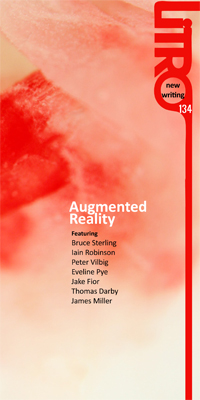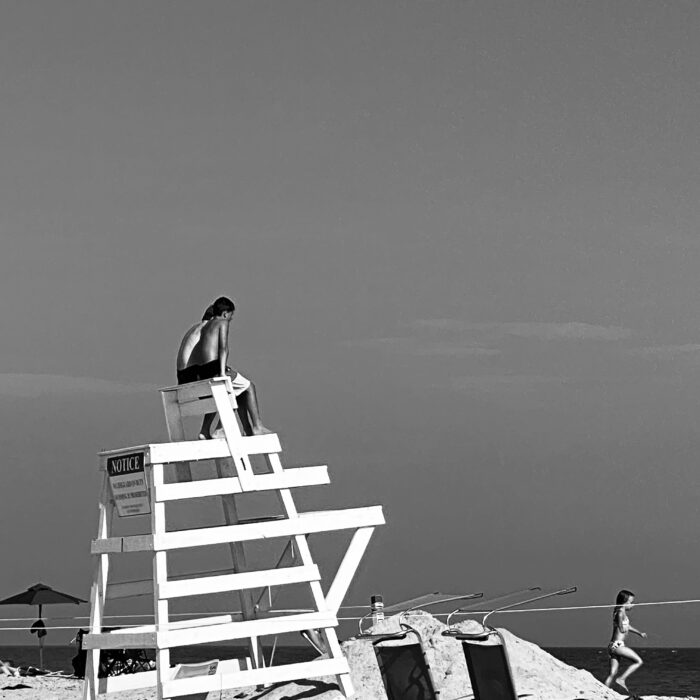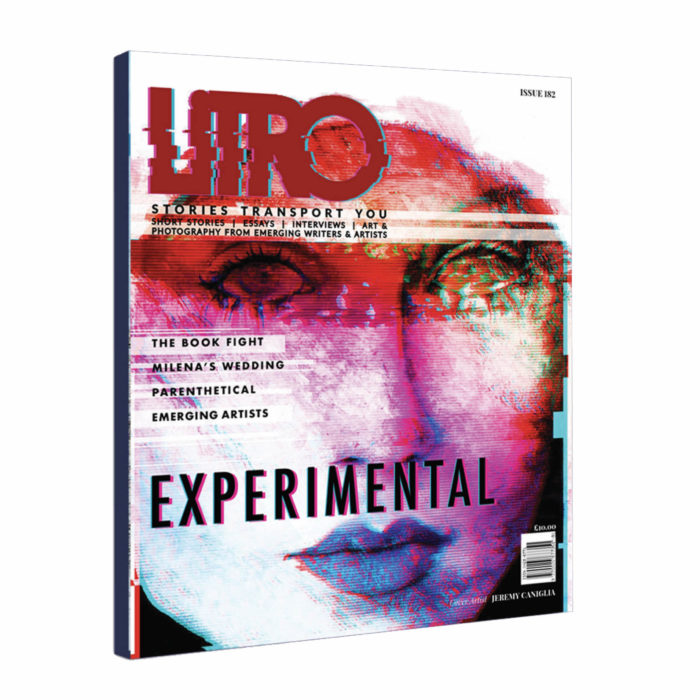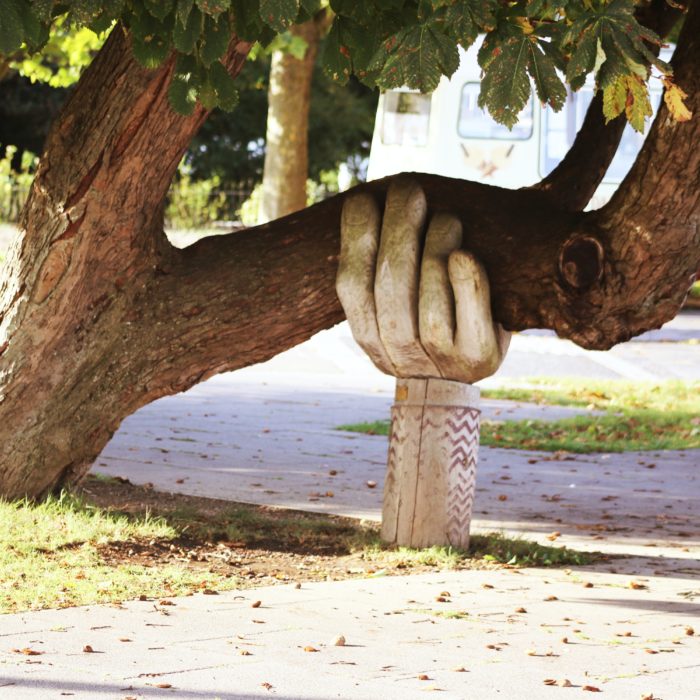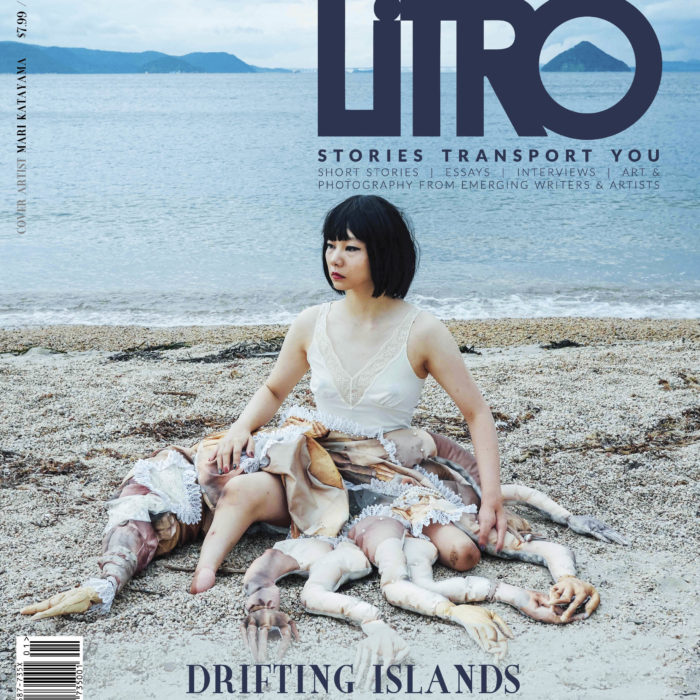You have no items in your cart. Want to get some nice things?
Go shoppingSometimes the future approaches at frightening speeds. It feels like only yesterday that we were wowed by the birth of the iPhone – now we’re living with gesture recognition for our gaming consoles, voice recognition in our cars, even iris recognition at some airports. Systems like Google Glass and Oculus Rift are breaking down the boundaries between the online world and the physical world – between fantasy and reality. It turns out that the key to the door of perception comes not from mind-altering drugs, but in the shape of a microchip. At times modern life feels like a Philip K. Dick novel.
Litro #134 is our Augmented Reality issue, dedicated to mapping out the new technological landscape and exploring reality’s unpatrolled borders. We open with an interview with Bruce Sterling, one of the visionaries who has reported on – and imagined – this erosion between our world and the virtual. If you’re at all uncertain about the impact augmented reality will have, or even what it means, then let Sterling be your guide. He also voices concerns over the collection of data by Google and the resulting loss of personal privacy – a theme that Litro will be exploring at a series of live events at the Latitude Festival this July.
In Cascade, Iain Robinson imagines the logical future for technologies like Google Glass. Then Eveline Pye explores the no man’s land between technology and art in her poems Augmented Reality and Imaginary Numbers. Pye has made a career out of the poetry of mathematics, and her poems in this issue prove that even the most frightening new tech can be incorporated into the human experience. Following that, we have Looking Glass House, an exclusive extract from Jake Fior’s forthcoming retelling of Lewis Carroll’s classic novel. Watch out for some exclusive footnotes hidden in the illustrations, as Alice takes us through the looking glass… Next, Peter Vilbig takes us for a walk through a surreal and vivid version of the world as we know it in Pathway, reimagining our existence through a Technicolor lens.
Our last two pieces offer an examination of the changes technology is bringing to the English language. In Loud and Clear Thomas Darby deconstructs a simple, three-letter text message, and suggests what we can – or cannot – read between the lines. Then, finally, we consider the impact of social media on modern fiction with James Miller’s essay Micro-Narratives of the Everyday. As we spend an increasing amount of time communicating with each other via status updates and 140-character tweets, the way in which we tell stories is evolving. Even the technology we use to read is in a state of flux, as e-readers and apps replace physical ink-and-paper books. Miller will also be taking part in our Latitude Festival events, discussing the impact of social media on modern privacy – keep an eye out for announcements over the coming weeks.
The stories, poems and essays we have collected here will give you a small insight into what the future might hold, and the ways in which augmented reality is slowly seeping through into our everyday world. But technology is elusive and unpredictable. Google Glass may be making the headlines today, but we’re already hearing about the EyeBorg Eyecam, a prosthetic eye that streams live video from the wearer’s perspective to a computer or smartphone. Reality just got a whole lot weirder.
Dan Coxon
Editor
About Dan Coxon
Dan Coxon is the Magazine Editor for Litro.co.uk, and the author of Ka Mate: Travels in New Zealand. He lives in London, where he spends his spare time looking after his two-year old son, Jacob. His writing has most recently appeared in Salon, The Portland Review, Neon, Gutter, The Weeklings, The Nervous Breakdown, Spartan, and the Ben Tanzer-edited anthology Daddy Cool. Find more of his writing at www.dancoxon.com, or follow him on Twitter @DanCoxonAuthor.

